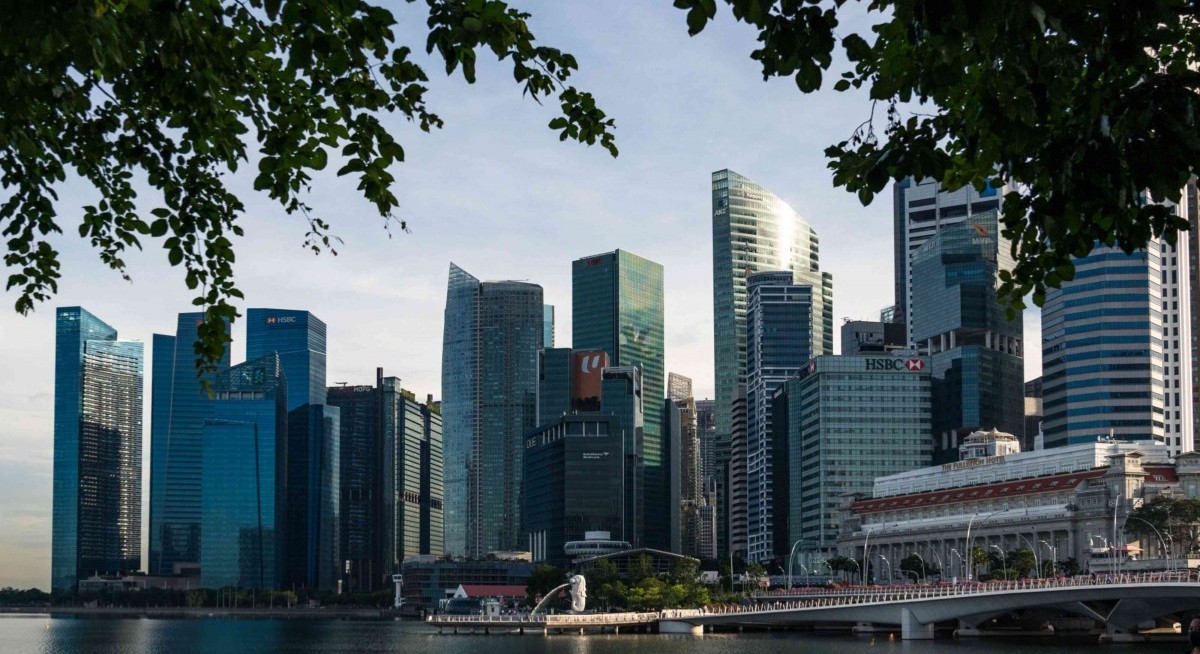SGX’s nine-year cap came into effect for listcos at their annual general meeting for their financial year ending on or after Dec 31, 2023. Directors who had served more than nine years on the same board were no longer considered independent, with no exceptions or shareholder overrides permitted.
The regulatory change has compelled firms to accelerate board renewal efforts, diversify board composition and implement more structured succession planning, says SID in the sixth edition of its report, released Nov 4.
923 of the individual directors recorded in the 2023 edition of SID’s report are no longer recorded in the latest 2025 edition. This represents a turnover of 28.3% of the total number of individual directors at end-2022.
Of the 3,108 individual directors in end-2024, 770 are new directors, representing 24.8%. This is up from the 20.3% recorded at end-2022.
See also: Sanofi replaces CEO after R&D setbacks
Loss of experience?
“From the perspective of the individual firms, there could be concern that the nine-year rule may result in the firm losing the experience of long-serving IDs when they step down from their boards,” say the report’s authors.
On the flip side, they could also be re-designated as non-independent, non-executive directors (NI-NEDs) if the firm seeks to retain those directors for their experience and expertise. “However, redesignation would likely require a review of the overall board composition,” adds SID.
See also: Heineken cuts 7% of staff as beer slump weighs on Dutch brewer
Among Mainboard companies, SID notes a “significant increase” in the percentage of NI-NEDs who have served for more than nine years — 45.1% at end-2024 versus 40% at end-2022.
Catalist companies, too, saw a higher percentage of NI-NEDs who have served for more than nine years — 33.1% at end-2024 versus 27% at end-2022.
“This is most likely attributable to some firms redesignating their IDs as NI-NEDs, following the kick-in of the nine-year rule,” says SID.
From the perspective of the market as a whole, a concern over the nine-year rule is that the market could lose the experience of long-serving IDs, says SID. “On the other hand, long-serving IDs who step off their boards, especially those who acquire a good reputation as directors, may be appointed to other boards.”
There were 1,077 new board appointments in 2023 and 2024. Of this figure, exactly 800 IDs were appointed over the two years, and 336 — or 45.8% — are first-time directors who have never served on an SGX-listed firm before.
“It is an open question whether, by being available for new appointments, [long-serving IDs] could crowd out new talent who would otherwise be considered for appointment,” says SID. “The data in this report suggests there is balance in the process of board renewal and turnover of IDs.”
The full report is available to SID members.
To stay ahead of Singapore and the region’s corporate and economic trends, click here for Latest Section
Tables and charts: SID
Read more from SID’s Singapore Directorship Report 2025:




